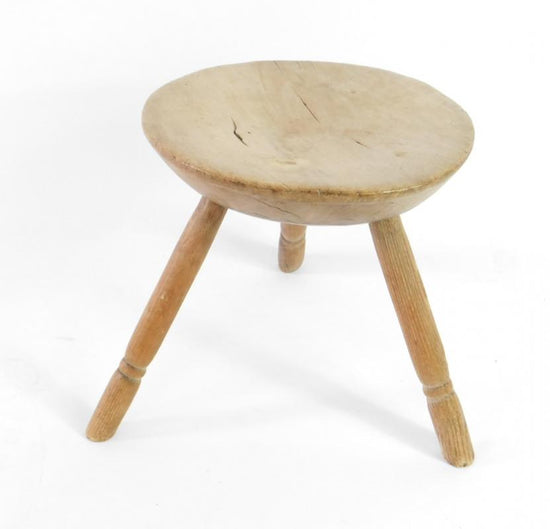If your grandparents were children in the late 1940s or 1950s, the notion of ‘waste not, want not’ is probably second nature to them. A typical 1950s childhood was one of necessary frugality; two million homes had been destroyed during the Blitz and food rationing did not end completely until 1954. Clothes rationing had continued until 1949 and utility furniture had been introduced in 1940 to reflect the shortage of raw materials. Household goods were designed to last but, if they did break down, they were repaired rather than discarded.
Within Japanese culture, the ancient concepts of Mottainai and Wabi-Sabi provide a comparable blueprint for sustainable everyday living. A child of the 1950s would be very familiar with their everyday frugal application, and our children of today are returning to these philosophies. For everyone unfamiliar:
Wabi-Sabi
Wabi-Sabi emphasizes an acceptance of transience and imperfection. The term Wabi has come to describe those that are simple, unmaterialistic and at one with nature. Sabi has evolved from “the bloom of time” to mean: taking pleasure and seeing beauty in things that are old and faded.
Instead of buying a new kitchen table, for instance, many Japanese people choose to retain a table that has been passed through the generations. Although its long use might be seen by various marks and scratches, Wabi-Sabi has taught people to cherish the marks because they illustrate the passage of time.
Mottainai
A Japanese term for expressing a feeling of regret concerning waste – a version of ‘waste not, want not’. Mottainai has origins in Buddhist monastic tradition, which emphasizes a life of frugality, to allow us to concentrate on attaining enlightenment.
This has had a major impact on home design within Japan, with natural materials being the preferred choice for furnishing. For example, soil and dried grass are used as thermal insulation. These beliefs have been crystallised into the four R's: Reduce, Reuse, Recycle and Respect.








Examples of second hand furniture sourced by founder Eliza Walter, to furnish our recently opened studio. Plus one image from Pintrest.
Words
Eliza Walter
Images
SalesRoom












